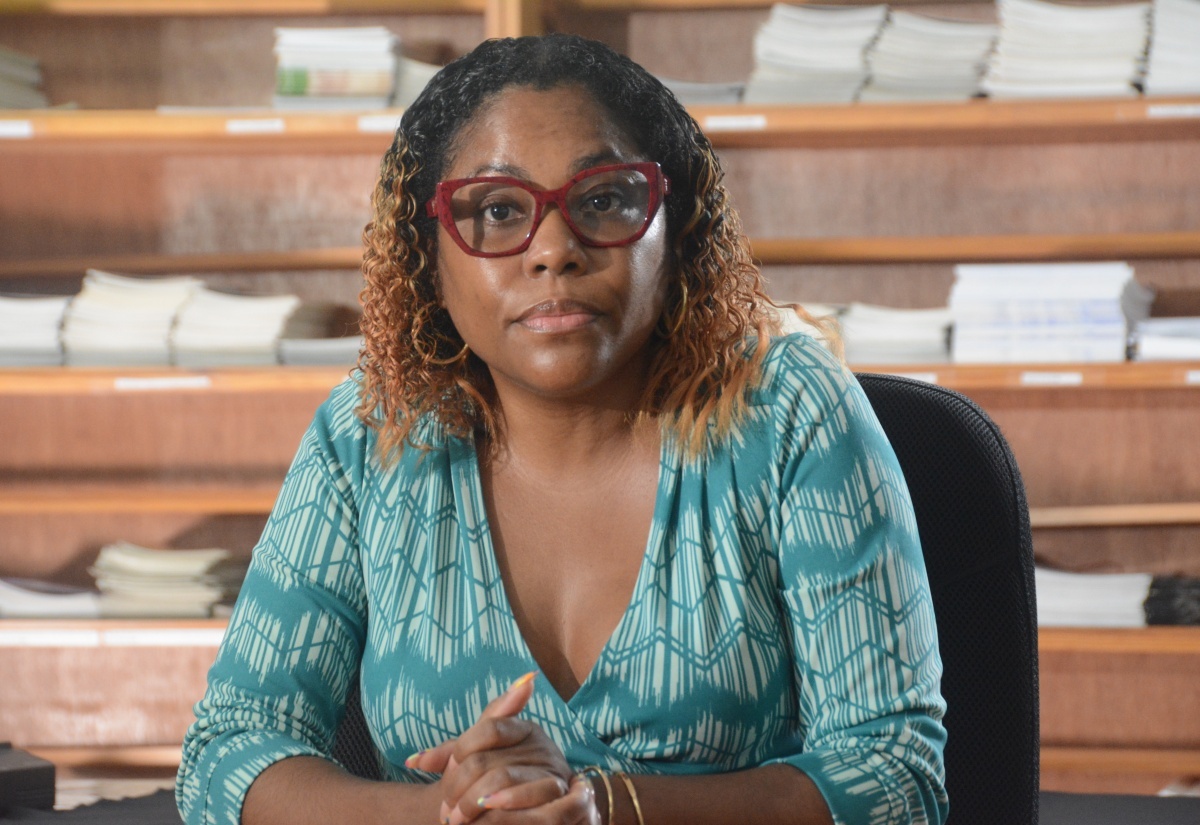Look Out for Early Signs of Autism
By: , June 23, 2025The Full Story
Senior Clinical Psychologist at the Western Regional Health Authority (WRHA), Georgia Rose, is encouraging parents to be aware of the early signs of autism in their children and to seek prompt intervention.
In an interview with JIS News, Ms. Rose explains that autism is a neurodevelopmental disorder that affects how the brain functions.
“An individual who meets the criteria for autism spectrum disorder has a brain that works differently from typical individuals. They may experience a range of difficulties that interfere with typical development,” she notes.
She says that among the early signs of autism are delay in speech, limited eye contact, and a preference for solitary play.
“Parents may notice that their child does not respond to their name or avoids sustained eye contact. Some may think it’s hearing loss and seek an audiological test, which we encourage because there’s no lab test to definitively diagnose autism,” she points out.
Ms. Rose emphasises that autism is not synonymous with intellectual disability, noting that “many children on the spectrum are intellectually competent and capable”.
“The biggest challenge lies in their communication and social interaction,” she says.
She explains that autism exists on a spectrum, with children showing varying degrees of symptoms.
“No two children with autism are the same. The Diagnostic and Statistical Manual outlines three levels – from mild to severe – based on the level of support the individual needs,” she points out.
Meanwhile, Ms. Rose tells JIS News that efforts are growing as it relates to autism awareness on the island; however, more work is needed.
“We’re not fully there, but the Government and related agencies are becoming more aware. Parents can now access assessments through places like the Mico Diagnostic Centre or St. Joseph’s Teachers’ College,” she informs.
Once formally diagnosed, children may benefit from speech therapy, behavioural interventions, or other targeted support.
“Parents can also register their children with the Jamaica Council for Persons Living with Disabilities (JCPD), which will assess how best to support the family,” Ms. Rose tells JIS News.
Through the Ministry of Education, Skills, Youth and Information, some children may also be placed in special education units equipped with trained staff.
“Most parishes have at least one public special education unit. There are also private centres offering support,” she points out.
Ms. Rose notes, further, that child and adolescent mental health clinics are available in every parish, providing free access to psychiatric and emotional support, especially for children struggling with sleep, nutrition, or self-regulation.
The WRHA also plays its part through public education campaigns.
“We go into schools, churches, and workplaces to increase awareness, reduce stigma, and highlight available resources,” Ms. Rose shares.
Meanwhile, she cautions parents about overexposing young children to digital screens, warning that excessive tablet use may delay speech and self-regulation.
“They don’t need to be on any device. Talk to them; read to them. That’s how they learn best,” she points out.
Ms. Rose is urging parents to enforce healthy sleep routines.
“Children under five should be in bed by 7:30 p.m., under 10 by 8:30 p.m., and older adolescents by 10:00 p.m. Night-time sleep is critical to healthy brain development,” she points out.
Above all, Ms. Rose advises parents not to ignore their instincts. “If you’re concerned, speak to your doctor or visit your health centre. Early intervention leads to better outcomes. It’s okay to have concerns; allow us to help you look into them,” she says.


